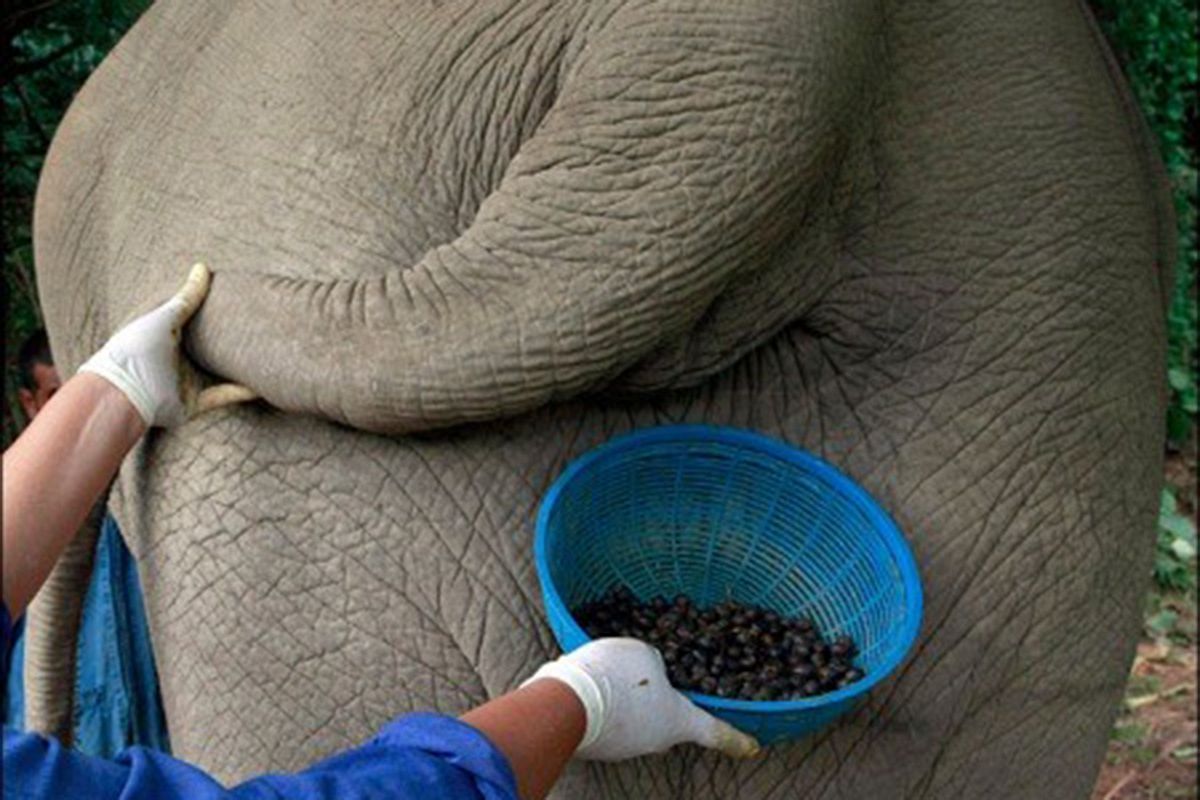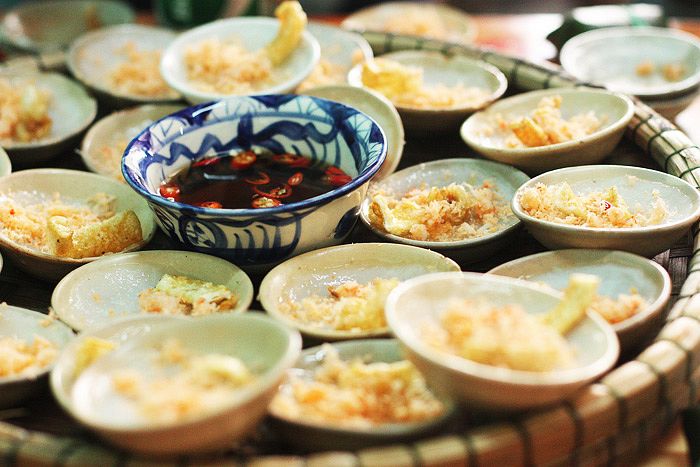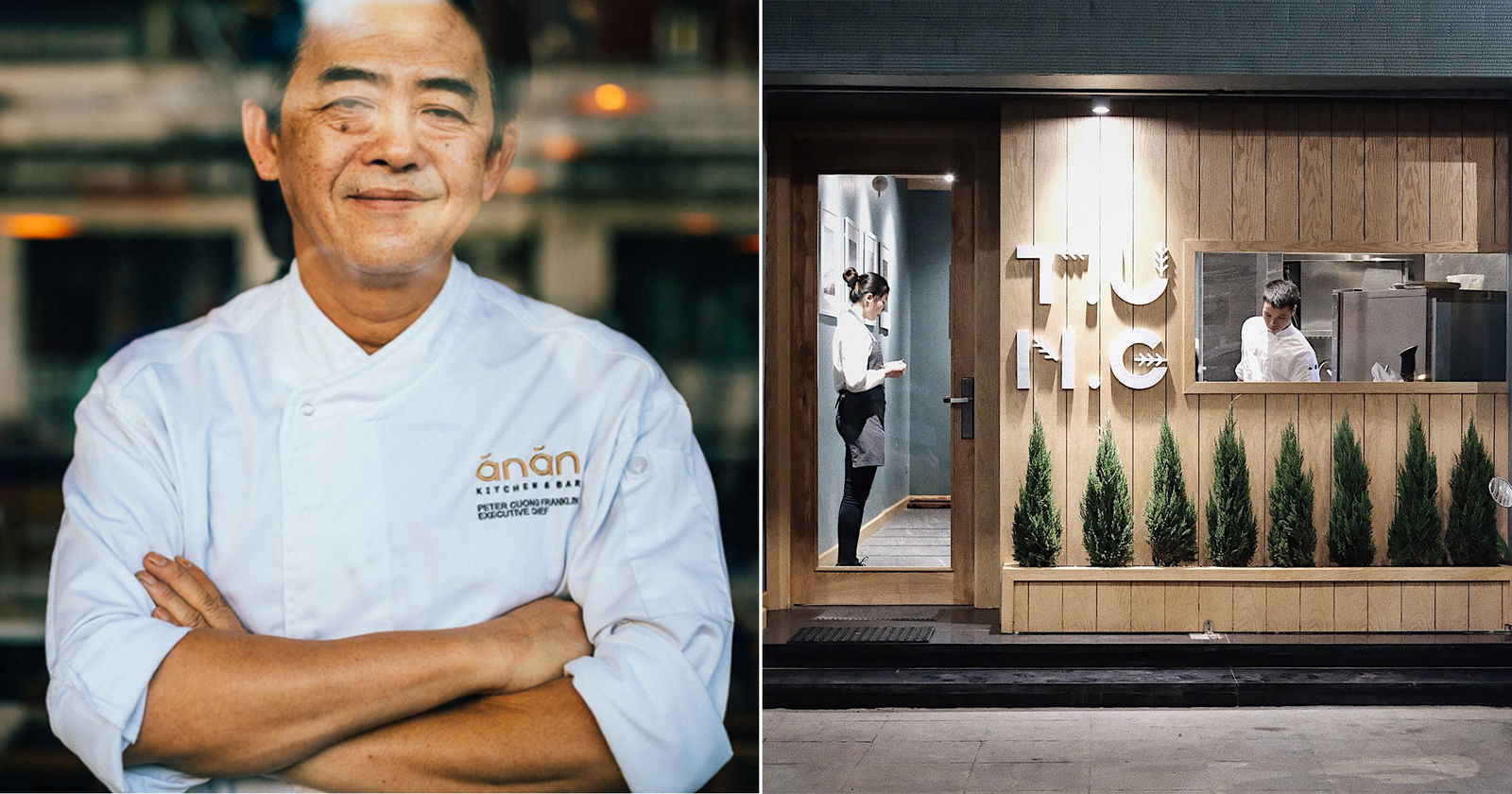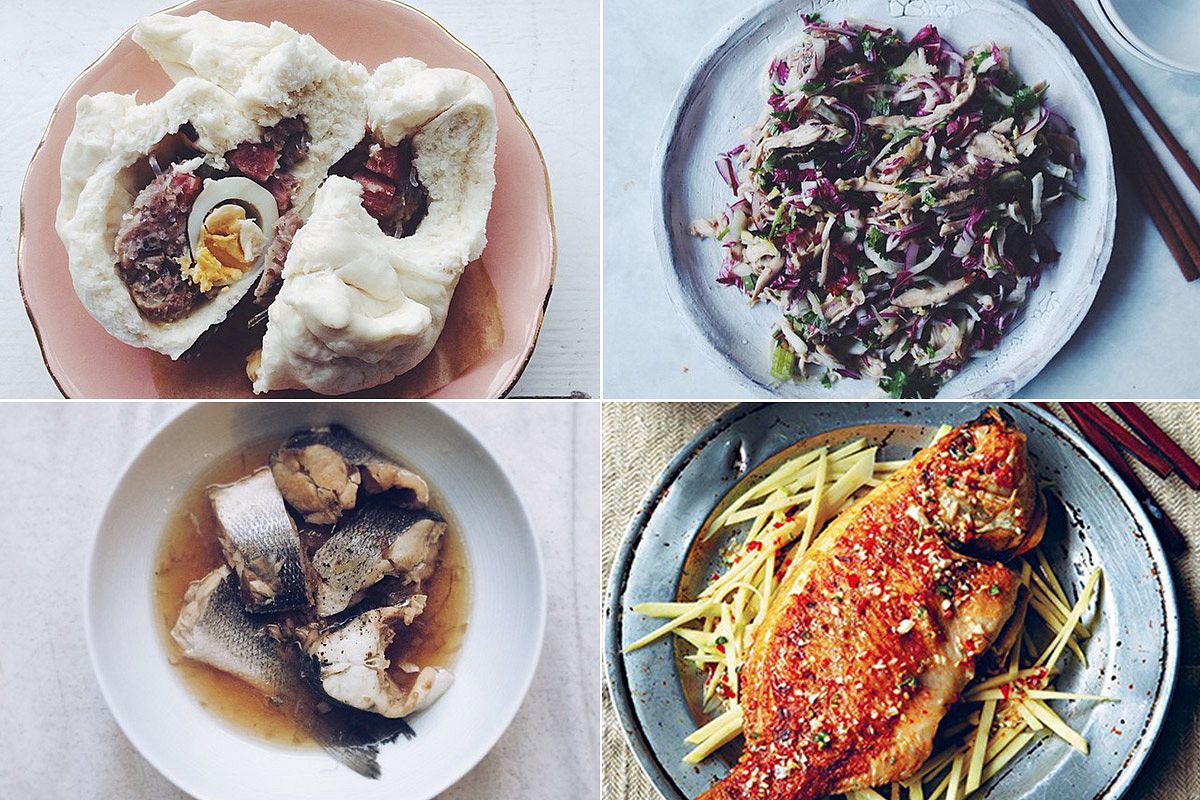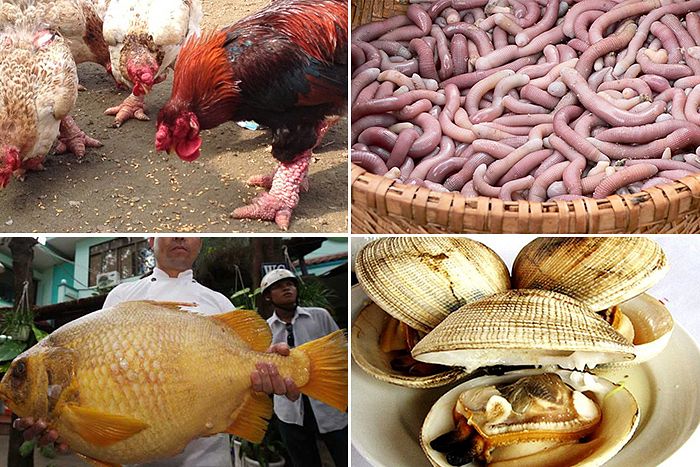Northeastern Thailand's famed Isaan cuisine is bursting with flavor and is well-known throughout the country, but one beloved local delicacy poses a dangerous health risk to people who eat it.
Thailand’s rural Isaan region has the world’s highest reported rate of cholangiocarcinoma, or bile duct cancer, thanks to a popular local specialty known as koi pla, reports TODAY Online via AFP. The cheap, tasty dish features raw freshwater fish combined with spices and lime.
Despite its flavor, however, koi pla can be lethal, as freshwater fish in the region often contain parasites known as flukes, which can go unnoticed in a person’s bile ducts for years before developing into the deadly cancer. Each year, cholangiocarcinoma kills 20,000 people across Thailand, according to the news outlet.
“It's a very big health burden around here...it effects [sic] families, education and socioeconomic development,” Dr. Narong Khuntikeo told AFP. Now a liver surgeon, Dr. Narong is from the Isaan region who lost both parents to cholangiocarcinoma.
He continues: "But nobody knows about this because they die quietly, like leaves falling from a tree."
In an effort to reduce the region’s liver cancer rates, Dr. Narong is now working alongside fellow doctors, scientists and anthropologists to educate Isaan communities on the dangers of koi pla. In schools, the Cholangiocarcinoma Screening and Care Program (CASCAP) warns young people against consuming raw fish, while doctors also provide liver fluke screenings to older residents in hopes of catching the problem early. In some Isaan communities, up to 80% of adults tested positive for liver flukes.
Still, many prefer to leave it all up to fate, while others complain that frying the fish to kill parasites, as recommended by doctors, spoils the taste of the dish.
Despite this resistance, Dr. Narong’s efforts have managed to change at least some people’s habits, including local resident Thanin Wongseeda, 48, who participated in one of CASCAP’s liver fluke screenings.
“I've never been checked before, so I think I will probably have it because I've been eating [koi pla] since I was little,” he told AFP.
Thanin continued: “I don't think I will eat [koi pla] raw anymore.”
Video via Facebook user TODAY.
[Photo via Panorama]


